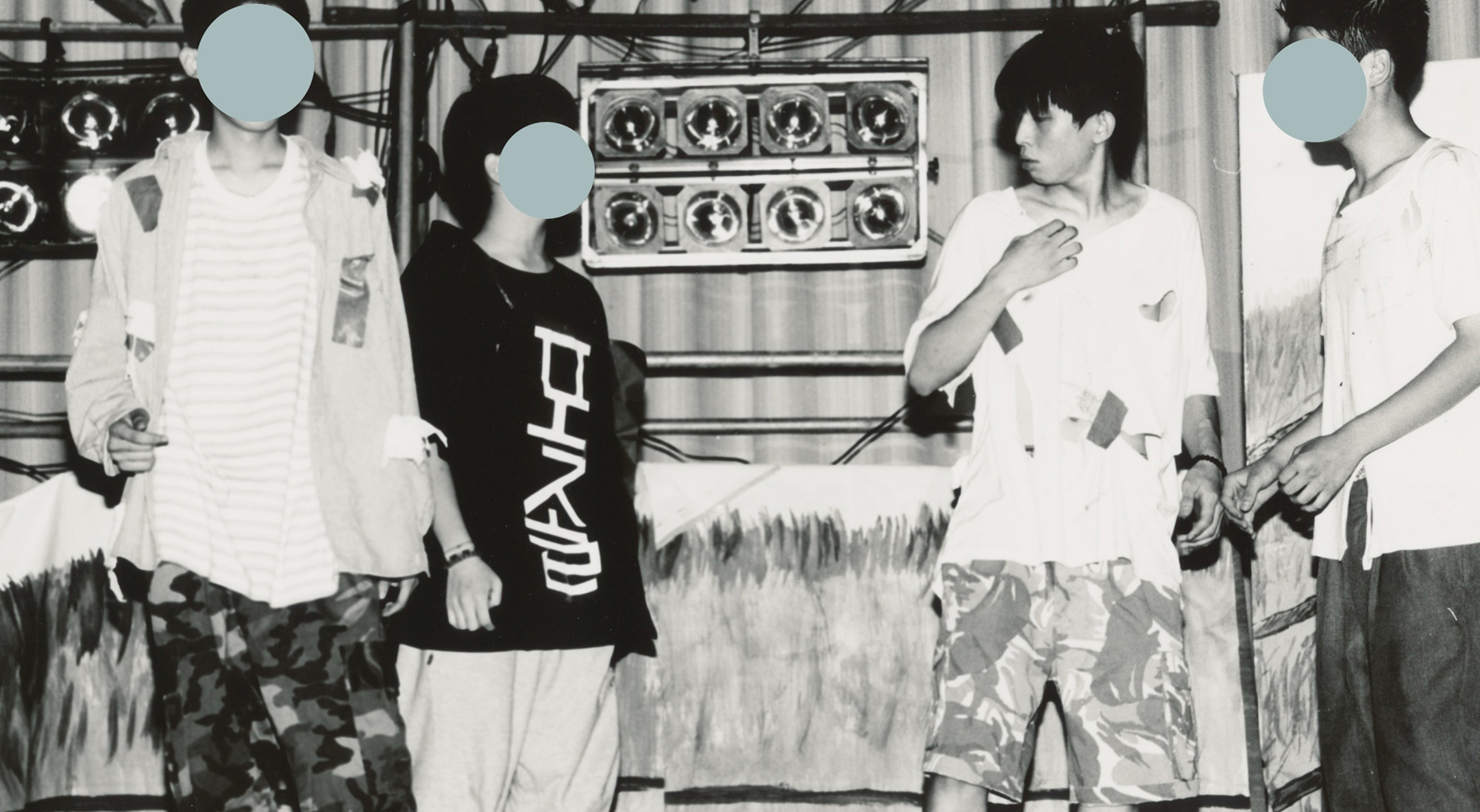Jaha Koo
The History of Korean Western Theatre
septembersept 23 - october – oct 23
Concept, direction, text, music, video and performance by Jaha Koo
Dramaturgy, Dries Douibi
Stage design, Eunkyung Jeong, and Jaha Koo
Technical management, Korneel Coessens and Philippe Digneffe
Research, Eunkyung Jeong and Jaha Koo
Research assistant, Sang Ok Kim
Interviews conducted by Yoonsik Lee and Injun Na
Produced by CAMPO
Coproduced by Kunstenfestivaldesarts (Brussels) ; Münchner Kammerspiele ; Frascati Producties (Amsterdam) ; Veem House for Performance (Amsterdam) ; SPRING Festival (Utrecht) ; Zürcher Theater Spektakel ; Black Box teater (Oslo) ; International Summerfestival Kampnagel (Hamburg) ; Tanzquartier Wien ; wpZimmer (Anvers) ; Théâtre de la Bastille (Paris) ; and Festival d’Automne à Paris
In association with Théâtre de la Bastille (Paris) ; and Festival d’Automne à Paris
Residences provided by : Kunstencentrum BUDA (Courtrai) ; wpZimmer (Antwerp) ; and Doosan Art Center (Seoul)
With support from Beursschouwburg (Brussels) ; Vlaamse Gemeenschapscommissie (Brussels) ; and Amsterdams Fonds voor de Kunst
Campo receives support from Gand and The Flemish Community
With all the skill of a laboratory technician, Jaha Koo probes deep into the influence of Western theatrical tradition on Korean theatre. Onstage, using video and music, the South-Korean performer interweaves fragments from his own life story with extracts from the major historical theatrical tradition in order to build up a subtle metaphor for Korean society.
In this final instalment of his Hamartia trilogy – which examines the ways in which a collective past acts, inexorably, upon our modern-day personal lives -, Jaha Koo seeks to map out the broad outlines of South Korean theatre. He comes to the conclusion that, in terms of any Korean theatrical tradition, there was none. What is termed as “Korean theatre” has been largely determined by the canons of the West and Japan. Why do South Koreans always make reference to Shakespeare and why are they such proud advocates of the prisms, working methods, and different cultural inheritances from overseas? In more general terms, what do we understand by the term “contemporary” in the context of South Korea? Backed up by a self-composed electronic sound design played live, Jaha Koo single-handedly builds up a documentary performance in which political and sociological accounts resound in an intelligent way with elements of an intimate nature. After Lolling & Rolling and Cuckoo, Jaha Koo furthers his research into the collisions and acquaintances of oriental and Western cultures. This time around he casts his gaze on the horizon, both near and far.
See also
In the same place
